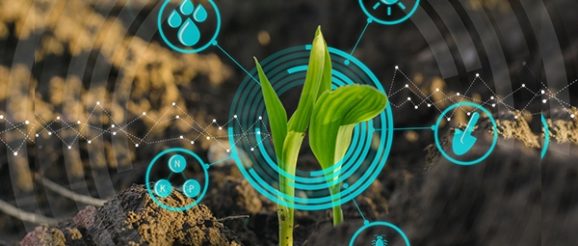AI in Agriculture: The Future of Food? | CPO INNOVATION

Horticulture is one of the most established significant professions on the planet. In the event that we don’t produce any substantial material for consumption, we will be facing certain difficulties when it comes to long-term sustainability. The developing populace has driven an inclination to produce more within a short span of time which has led to the colossal measure of synthetic compounds. The diminishing immunity of people has made it a point to deliver quality yield without affecting the accessible supplements in the harvest.
America, with the simple utilization of machinery, produces to such a degree, that much after self-utilization and exports it while dumping large amounts of yield in seas or simply burning it. Artificial intelligence can be developed utilizing algorithms where it would foresee the future climate conditions, seed, crop plantation, composts, crop harm, ailments in the plants, and more.
We can utilize a trained dataset algorithm to predict weather conditions that are suitable for crop plantation; to grow high caliber of hybrid seeds that are high in supplements; to create natural manures required as per the plant harvested; to pluck out the infected plant and to quit spreading of crop illness.
It requires a great amount of information to prepare the algorithms as for the sort of yield to be developed in a particular soil, season, climatic conditions, required nature of seed and the disease the harvest is affected by. The greatest challenge our species is to create hybrid-seed that is brimming with supplements has a tremendous yield and safe from sickness.
Usage of Artificial Intelligence in farming requires a considerable amount of assets comprehensive of monetary, mechanical and human to develop completely automated agri-business which makes it complex for small landowners.
Here are few organizations that utilize Artificial Intelligence in particular agricultural areas:
It has been estimated this market will reach over $1600 million by the end of 2025. Implementing AI-empowered approaches could detect diseases and climate changes sooner and responds adequately. AI will surely play a fundamental role in the future development of agricultural production.
This article is co-authored by Dr. Raul Villamarin Rodriguez and Rajat Toshniwal, Woxsen School of Business
